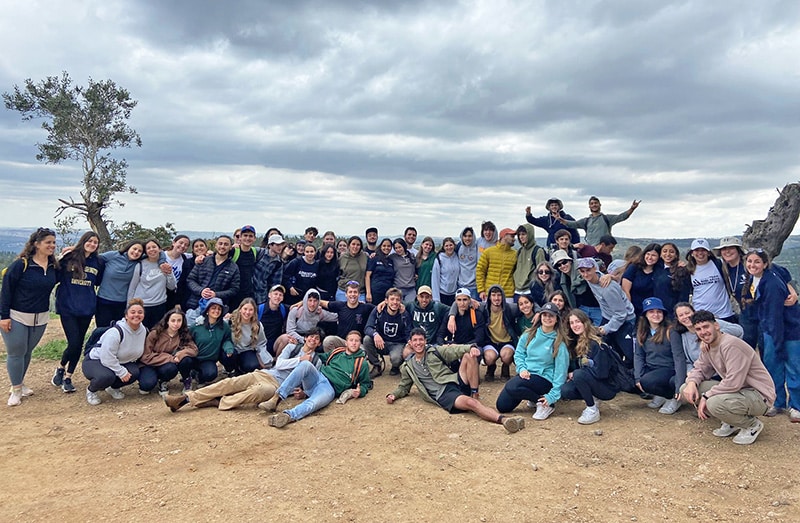The final day of Pesach commemorates the separation of the Reed Sea. It was at this time that the liberation from Egypt was finally complete as Pharaoh and his riders were crushed in the Sea. As a result, many recall the miracle by reciting the song at the sea.
When we look at the verses that describe the momentous event, a peculiarity surfaces. Verse 22 states, “Then the children of Israel came into the midst of the sea on dry land (14:22).” Just 7 verses later the verse reads, “But the children of Israel went on dry land in the midst of the sea (14:29).” How come at first it says they came into the sea on dry land, and then it says that they came on dry land into the sea?
The Jewish sages explain that while the Jews were enslaved in Egypt, there were Jews who were in rather good standing with the Egyptians. Two of these were Datan and Aviram. They were set as taskmasters over their brothers and sisters. If the Jews didn’t fulfill the quota for the day, these taskmasters were expected to discipline the Jews. Our sages tell us that Datan and Aviram would refuse. As a result, the Egyptians would beat the two of them.
We fast-forward to the Exodus and are told that Datan and Aviram stayed behind. After all, beatings aside, they had a pretty good life in Egypt, rubbing shoulders with the nobility there. However, when Pharaoh pursued the Jews to the Sea, Datan and Aviram joined in pursuit. With this in mind, let’s return to the discrepancy in verses recorded above.
The Jews are fleeing. They reach the Sea. Here, verse 22 makes complete sense. They came into the Sea which turned into dry land. As the Jews are crossing, the Egyptians reach the split Sea accompanied by Datan and Aviram. Here, verse 27 becomes clear. They came on dry land into the Sea. The Sea closes on the Egyptians, but a special miracle occurs for Datan and Aviram. The Sea splits just to allow the two of them passage.
Why did these two merit a special miracle? After all, these two were fully assimilated into Egyptian society. Moreover, we will see how throughout the sojourn in the wilderness, whenever the Jews rebelled against Moses, these rebellions were instigated by Datan and Aviram. The answer is that when a Jew is willing to take a beating to protect another Jew, then they deserve a special splitting just for them.
We may have ideological disagreements, but they should never interfere with our tight bond to one another as brothers and sisters. In the merit of recommitting to our bond with one another, may we merit to see the realization of the verse, “As in the days of your exodus from Egypt I will show you wonders [with the complete redemption]” (Micha 7:15).
Chag Sameiach
– Rabbi Liad Braude


















